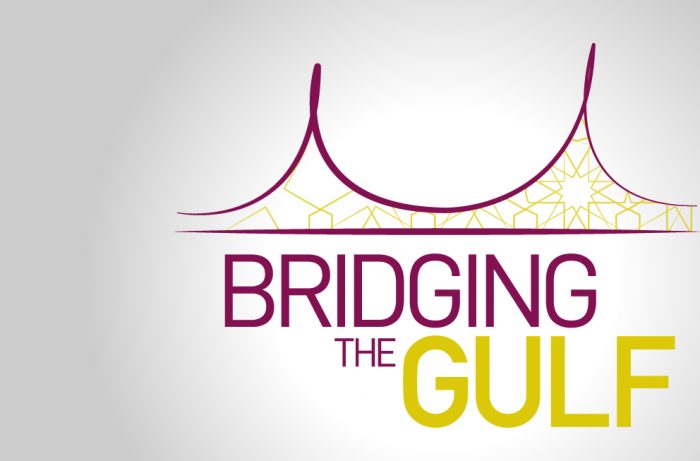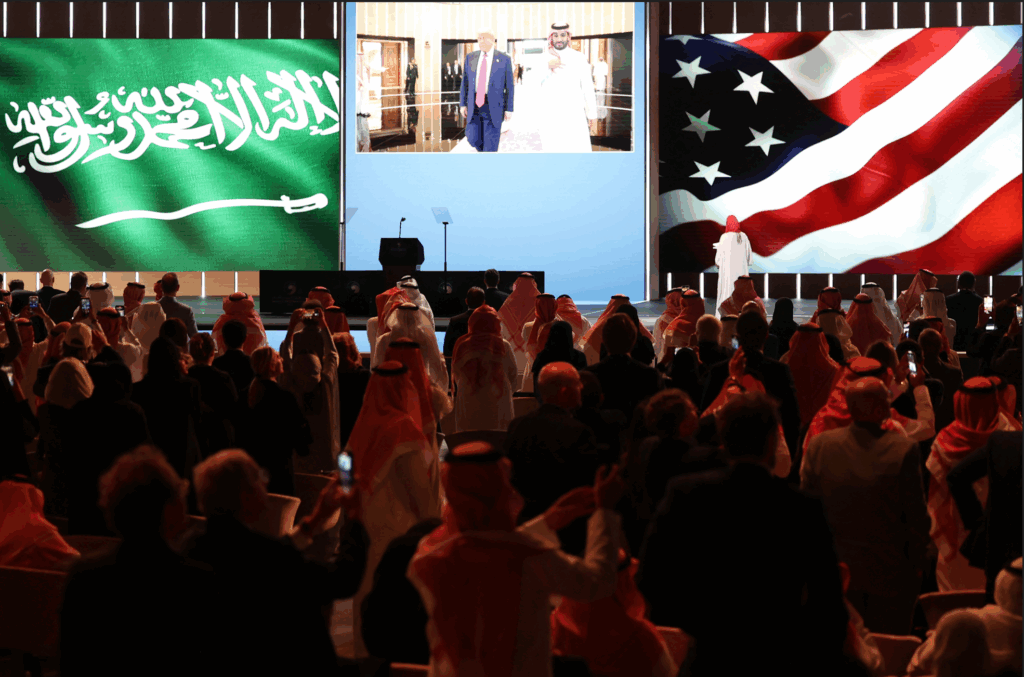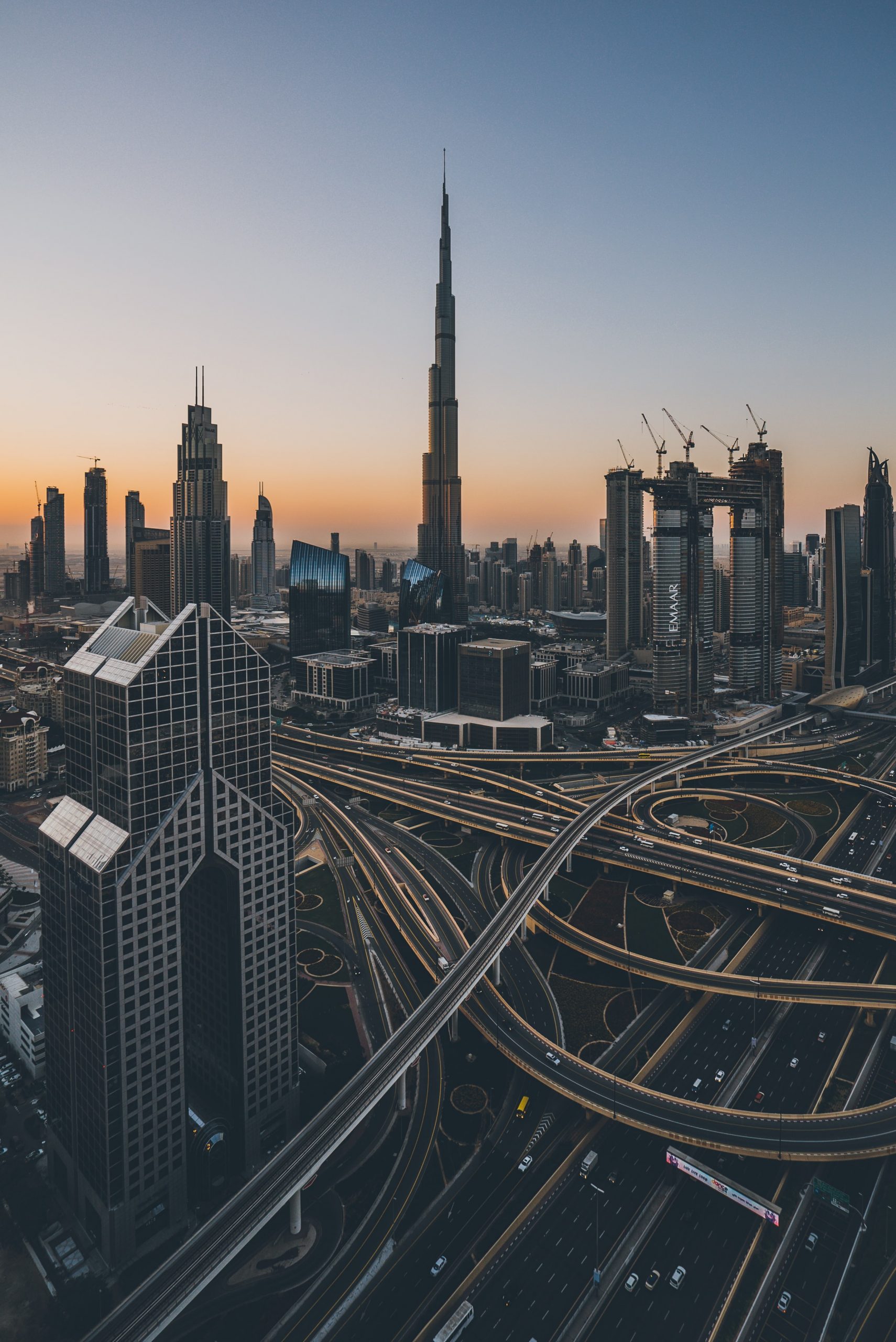
- 07 Apr 2021
Gulf Cooperation Council Economies – Strategic Overview
This event is jointly organised by TRENDS Research & Advisory Center & the Middle East Institute (NUS)
 |
 |
Abstract
Gulf Cooperation Council (GCC) economies still depend heavily on oil and gas for their income, budgets and social peace. They have all, to varying degrees, embarked on a journey of diversification over the last few years to reduce such dependency and build the foundation for their economies in a post-oil world. Several countries’ visions (SAUDI 2030, UAE 2021) have been created to frame this transformation process and define the priorities for each country. Diversifying the economy and getting ready to compete in a knowledge-driven economy is of paramount importance for these countries as forces of energy transition and development of renewable technologies, in addition to increased environmental conscience, continue to pressure the oil and gas industry.
In this session, the following will be covered:
- Overview of the GCC economies
- Countries’ visions and diversification frameworks
- Current trends and impact on the future of the GCC economies
- Key sectors and opportunities
This public talk will be conducted online via Zoom on Wednesday, 7 April 2021, from 4.00pm to 5.30pm (SGT). All are welcome to participate. This event is free, however, registration is compulsory. Successful registrants will receive a confirmation email with the Zoom details closer to the date of the event.
Photo by Leonard von Bibra on Unsplash
Listen to the full event here:
Watch the full event here:
Read the Summary of Event Proceedings:
By Fauzan A. Roslee
Research Associate, Middle East Institute, National University of Singapore
Overview of the Gulf Cooperation Council
Ms Amal Al Breiki began her presentation by outlining some key characteristics of the Gulf Cooperation Council (GCC) which comprises of Saudi Arabia, Kuwait, UAE, Qatar, Bahrain and Oman.
Firstly, although the GCC countries are essentially rich economies – with over USD 2 trillion in accumulated sovereign wealth funds and around USD 40 trillion in oil and gas reserves – they are nonetheless heavily dependent on oil and gas (O&G) production which contribute to more than 50 percent of the GCC’s revenues. With the fluctuation of the O&G sector in recent years, it has prompted the GCC countries to consider more diversified alternatives and look further into non-O&G sectors to drive economic growth.
Secondly, the GCC is also home to a relatively youthful population under the age of 25, which makes up between a quarter to more than a third of the individual GCC countries. The impact of such demography, if the GCC countries continue their heavy reliance on O&G revenues, is that the youths could potentially be a future liability as they become overly dependent on the state for economic support –something that’s been happening for the past few generations in the GCC countries. On the other hand, the youthful population of the GCC countries could also be an asset to generate opportunities for economic growth beyond the O&G sector. As recent reports suggest, the dependency ratio in the Middle East and North Africa (MENA) region is currently at its lowest, which creates an opportunity for a demographic dividend that would help the GCC economies to divert away from O&G and pursue diversification strategies.
Ultimately, this outcome depends on whether the GCC countries are committed to invest in the education and development of their youths. In the case of the UAE, for instance, the recent establishment of the Federal Youth Authority has facilitated the creation of national programmes that would equip youths with the professional skills to enter the labour market upon their graduation.
Thirdly, the GCC has an imbalanced labour market due to its heavy dependence on foreign labour which makes up half of the GCC’s total population. This is in contrast to the larger MENA region which hosts 9.5 percent of foreign labour. This has created an imbalance between citizens and expatriates in both the public and private sectors, as the public sector is oversaturated with citizens of the GCC countries but they’re underrepresented in the private sector.
Strategies for Economic Diversification
Following up on those outlines, Mr Mohammed Hamdaoui reiterated that despite the efforts that the GCC economies are taking towards revenue diversification, they still depend heavily on oil which constitutes a significant part of each of the GCC state’s gross domestic product. The region is critical for O&G production which is a key contributor to the oil supply
worldwide and a driver for global economic growth.
Beyond that, the GCC and the greater Middle East are also trying to focus their global trade relationship more towards Asia and Africa. In other words, the Middle East today is increasingly looking to diversify its strategic partners, whether in terms of security or trade. Despite the efforts of Middle Eastern countries in that endeavour, some countries have been more successful than others. For example, Bahrain, which has a relatively small oil production rate, does not enjoy a very high success rate at economic diversification as compared to the UAE, which has bigger oil reserves. This could be explained by the fluctuations in oil prices in recent times especially due to Covid-19, which has slowed down demand for oil across the globe owing to lockdowns. This in turn has also affected national budgets in the Middle East – a reduction in investment budgets to social spending across the board can be seen. These short-term strategies undertaken by the GCC countries to mitigate losses from the O&G market are set in the foreground of a long-term national vision that each GCC country has for its economic diversification.
Essentially, these long-term national visions share the same underlying principles – most important of which is to preserve national identity and values. As the countries are set to bring about changes to the economic structure to drive other sectors, there are bound to be changes at the societal level too, as seen in Saudi Arabia today. While the country goes through a national transformation in many areas, it is also resolute in maintaining its unique national identity, values and heritage. Furthermore, as MENA is home to a sizeable proportion of youths, countries in the region are trying to capitalise on this asset by establishing world-class education systems and improving research and development (R&D) with a heavy focus on science and technology. The region has also been competing with the rest of the world to attract the best minds through new visa regulations and telecommuting for work, as with the case of the UAE, for example.
Another shared principle is the strategies to diversify the economy, with a plan to reduce dependency on oil and increase contribution from the private sector. Reason being, it is unsustainable if a country was to rely solely on its public sector to drive spending and economic growth. As such, GCC countries need their private sectors to play a much bigger role through small- and medium-sized enterprises (SMEs). Finally, the GCC countries as well as the larger Middle East need to improve the efficiency and effectiveness of their respective governments. This can be achieved by developing transparent and predictable legal and institutional frameworks, which would foster trust in the government and attract foreign trade and investment in the long run. These shared traits can be seen in the UAE Vision 2021, the New Kuwait Vision 2040, the Oman Vision 2040, the Bahrain Vision 2030 and the Qatar Vision 2030, although they have each set different economic benchmarks to accommodate their respective economies.
Mr Hamdaoui further pointed out that in terms of output for a post-oil economy, the GCC countries aim to generate maximum value from oil, gas and mining industries through local expertise. They are also aware of the rise in knowledge economy and new technologies which have been primary motivations to invest in education and the youth through the promotion of indentureship and R&D. The steps taken by GCC countries to play a much bigger role in renewable energy and lower its carbon emissions are equally important. are The GCC countries are also driving up tourism in an effort to promote cultural tourism and increase openness of the Middle East to the world. Ultimately, the vast sovereign funds held by the GCC countries would be used to drive development in other sectors as well.
Strategic Cooperation Between the UAE and Singapore
Dr Stephen Blackwell then presented on the commonalities between the UAE and Singapore and the bilateral relationship that both countries have enjoyed since the Comprehensive Partnership Accord that was signed in 2019. He noted that there have been regular meetings of bilateral bodies on both sides in an effort to diversify UAE’s economy. Having said that, the UAE and Singapore have been leveraging on their respective strategic positions, which is complemented by a high level of integration into the globalised economy.
In the case of the UAE, the development of the industrial sector has been partly facilitated by the presence of the free zones network. Further reforms have also been proposed to make the UAE an even more open economy by reducing restrictions on foreign ownership as well as a range of measures to make the business environment more friendly to foreign investors. Besides that, the UAE is also exploring sustainable energy for the longer-term direction of the economy and reduce reliance on O&G. In addition, there is also considerable focus on education and human resource development which has resulted in the rapid expansion of the education sector in recent years- both in terms of national educational provision and tertiary education- whereby a significant number of international universities have set up campuses in the UAE. Healthcare is also a sector of increasing importance, which has been especially highlighted by the pandemic not only in terms of caring for the national and resident populations in the UAE but also for health tourism, which is likely to expand further in the years to come. A range of cutting-edge technologies have also been the subject of recent discussions between leaders from the UAE and Singapore, such as artificial intelligence and space technology due to the UAE’s recent success with the Hope probe for its mission to Mars.
Dr Blackwell concluded that these are considerable and extensive range of sectors that are expanding and being prioritised from a strategic point of view, which naturally overlap with Singapore’s economic interests as well.
About the Speakers
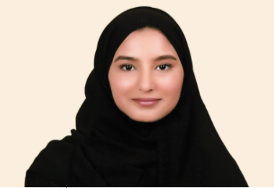
Research Assistant
TRENDS Research & Advisory Center
Mr Mohammed Hamdaoui
Head of the Economic Research Department
TRENDS Research & Advisory Center
Dr Stephen Blackwell
Scientific Advisor
TRENDS Research & Advisory Center
An International Affairs graduate from Zayed University, Amal Al Breiki worked as a research assistant while being an undergraduate. She has gathered diverse experience in the fields of research and government communication while interning and working in the government sector. Regional conflicts and international security are some of Amal’s areas of interest.
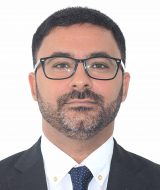
Mr Mohammed Hamdaoui is the Head of the Economic Research Department at the TRENDS Research & Advisory. He is an energy, metals and mining industry expert with over 15 years of experience analysing different aspects of the industry, including supply and demand, price forecasting, cost analysis, resources monetisation, market studies, and natural resources strategies. He conducts economic analysis of different industries and participates in various studies spanning multiple sectors.
Before joining TRENDS, Mr Mohammed was an Energy Researcher at the Emirates Centre for Strategic Studies and Research, a Research Director, Commodities Analytics, at Wood Mackenzie, a Planning and Financial Analysis Manager at AAEC, and Business Development Analyst at Syntroleum. He earned a Bachelor’s/Master’s degree in software engineering from Ecole Mohammedia des Ingénieurs in Morocco, and an MBA and an MS-MIS from the University of Oklahoma and started his career at Unilever as an IT Project Manager. Mr Mohammed, who is fluent in Arabic, French, and English, has worked and managed teams in four different continents.

Dr Stephen Blackwell is an analyst, researcher and writer with more than 20 years of experience in roles across think-tank, academic and media sectors. He is the author of a book entitled British Military Intervention and the Struggle for Jordan: King Hussein, Nasser, and the Middle East Crisis, 1955-1958, as well as numerous journal articles and book chapters. He has also written for the opinion and news analysis sections of The National, Abu Dhabi’s first English language newspaper.
Dr Blackwell previously worked as a Researcher at the Emirates Center of Strategic Studies and Research in Abu Dhabi. Before moving to the UAE, he was Head of the European Security Programme at the Royal United Services Institute in London and Editor for Jane’s Sentinel Security Assessments. He has also lectured at the University College London (UCL) and taught at the University of Aberystwyth, where he also completed his doctoral thesis on ‘Anglo-American Defense Policy in the Middle East, 1957-1962’.

